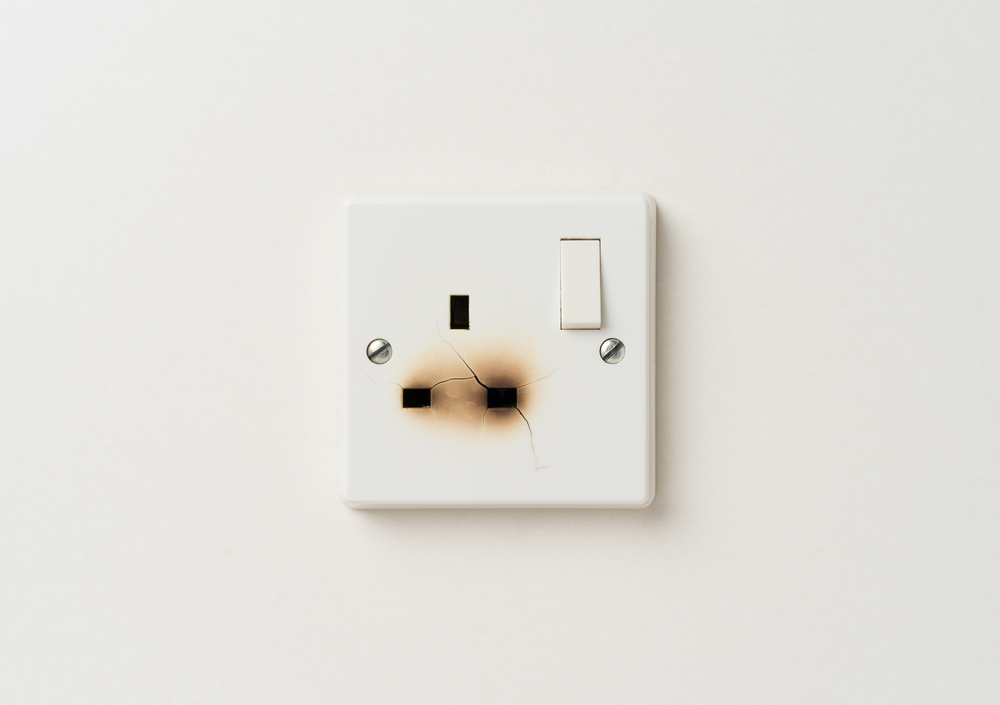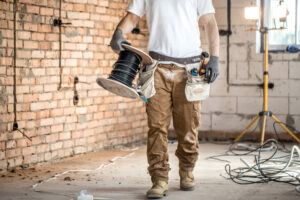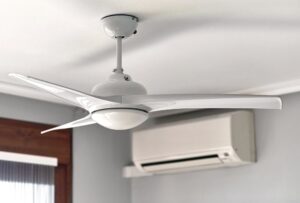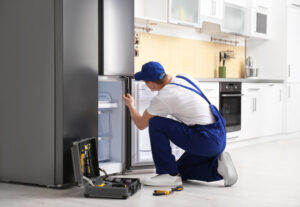The Role of a Qualified Electrician
The role of a qualified electrician in maintaining home electrical safety cannot be overstated. Hiring a licensed electrician ensures competence in understanding and applying electrical safety standards, providing peace of mind and professional expertise for home inspections. Their role is vital during home electrical safety inspections, particularly in houses with older or potentially compromised wiring.
Regular inspections by qualified electricians can identify early signs of damage or malfunction such as sparks, frayed wires, or uneven current. Moreover, these professionals are critical in determining the appropriate frequency of electrical safety checks, particularly for properties with higher risk factors such as age.
Components of a Comprehensive Electrical Safety Check
A comprehensive electrical safety check includes:
- Inspection of all aspects of a property’s electrical components, including wiring, switchboards, and safety devices
- Identification of potential hazards related to electrical equipment
- In-depth understanding of the property’s electrical condition
This electrical inspection check ensures a complete inspection and helps to maintain a safe electrical environment, including regular electrical inspections.
Inspecting Wiring and Connections
Among the various components, wiring and connections form the circulatory system of your home’s electricity supply. It’s vital to ensure the installation is safe for continued use. A complete safety check entails the verification of all wiring connections to prevent arcing and potential fire hazards.
Testing Switchboards and Power Points
Switchboards and power points are the nerve centres of your home’s electrical system. Testing these components is a critical part of an electrical safety inspection, ensuring the proper functionality of home electrical systems.
Every power point and socket undergoes assessment and inspection to lower the risks of fire or electrical issues.
Examining Safety Switches and Devices
Safety switches and devices are the guardians of your home’s electrical system. They monitor electrical current, automatically shutting off power to prevent fires, injuries, or electrocution when they detect irregularities in the circuit.
Routine testing of these devices is key in ensuring their correct response to electrical faults.
Electrical Safety Standards and Compliance
Compliance with electrical safety standards is important for several reasons:
- It helps maintain a safe living environment for tenants and occupants.
- It helps avoid hefty fines and legal consequences for landlords and property owners.
- It helps protect the financial health of landlords and property owners by avoiding costly repairs and liabilities.
Fines for non-compliance can be substantial, with penalties ranging up to $550,000 in Australia. Specific standards set the guidelines for safety testing, forming part of the framework used by electrical safety regulatory authorities. Thus, it’s not solely about safety; compliance with legal requirements is equally important.
Maintaining Electrical Safety in Rental Properties
Renting out a property? As landlords, it’s your responsibility to ensure electrical safety in rental properties.
Qualified electricians must carry out the following tasks related to electrical installation:
- Preventive maintenance
- Troubleshooting
- Emergency services
- Inspections to confirm that the electrical system complies with current safety standards
These services provide peace of mind to property owners.
Tenants too have the right to inquire about the latest electrical safety inspection date and request for one if it was more than 2 years ago.
Tips for Homeowners: Ensuring Electrical Safety at Home
Homeowners can contribute significantly to electrical safety at home. Simple practices such as handling electrical appliances with dry hands, ensuring they have proper air circulation to prevent overheating, and following manufacturers’ instructions for safe use help maintain a safe environment.
Regularly testing safety switches each month, using caution with heaters, and performing visual inspections of portable electrical appliances are some of the proactive steps homeowners can take to ensure electrical safety. It doesn’t just involve implementing safety measures, but also actively verifying their correct functionality.
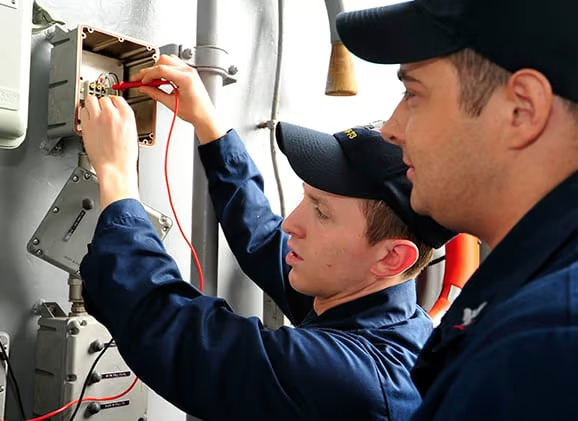
The Benefits of Regular Electrical Safety Checks
Regular electrical safety checks offer numerous benefits, including:
- Ensuring systems function properly
- Offering peace of mind
- Reducing the risk of accidents
- Pinpointing and providing visual proof of problematic areas that could potentially cause fire or electrocution, thereby enhancing accident prevention.
Identifying potential problems before they escalate can prevent the need for costly repairs. Annual inspections are advisable for homes, especially after events that may impact electrical infrastructure, to ensure continual safety and functionality.
